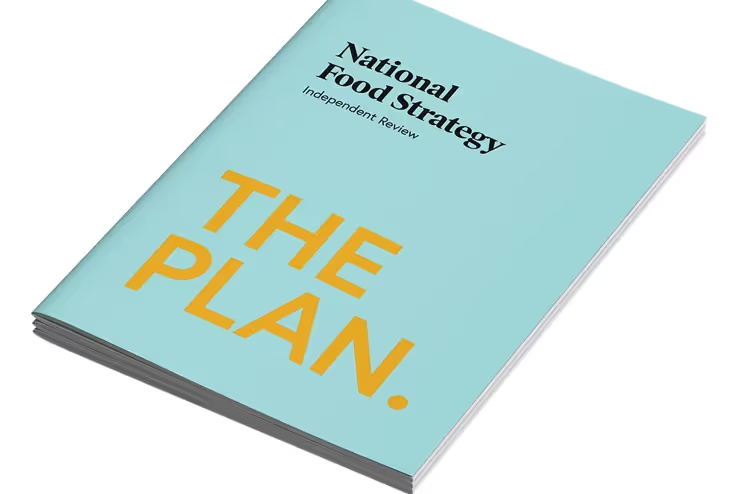Verna analysis helps to shape UK’s National Food Strategy
Independent review recommends supporting farmers to increase tree cover, based on Verna’s assessment of national potential.

Note: this article was published when Verna was called FCP.
The UK’s National Food Strategy has been published today, incorporating recommendations for increasing the rate of forest creation underpinned by analysis provided by Verna.
The Strategy calls on the Government to help farmers create and manage around 400,000 hectares of new woodlands, including by dedicating an annual budget of up to £700m to supporting these and other land use changes that sequester carbon and restore nature.
{{quote}}
To support the NFS team in formulating these recommendations, they commissioned us to provide analysis on the amount of land suitable for forest creation, and the financial costs and benefits of tree-planting.
We used our ForestFounder data science system to do a suitability scan of their target areas: a total of 2.4m hectares in England (around 18% of the country) which are currently used for agriculture, but at such low productivity that they provide less than 3% of the nation’s calories. Taking into account a wide range of physical, biological, regulatory, and economic factors, our scan found over 420,000 hectares suitable for tree-planting.
We also provided access to our proprietary financial model of tree-planting, to enable the NFS team to model the levels of public funding required to support landowners to transition to less profitable types of woodland.
It was a privilege to work with the NFS team (based at the UK Government’s Department for Environment, Food, and Rural Affairs), and to help shape a strategy which will set the agenda for the UK’s food system for decades to come.
Dustin Benton, Chief Analytical Adviser for the National Food strategy, said: “Verna’s unique data and mapping capability gave us invaluable input in helping to understand how to achieve the UK’s climate and food goals, and they were a pleasure to work with throughout the project. I hope we can work together again in the future.”
You can see Verna’s contributions within the Strategy, for example to the maps on p.236.
Note: this work was published when Verna was named Forest Creation Partners, so the government’s document refers to work by FCP.
